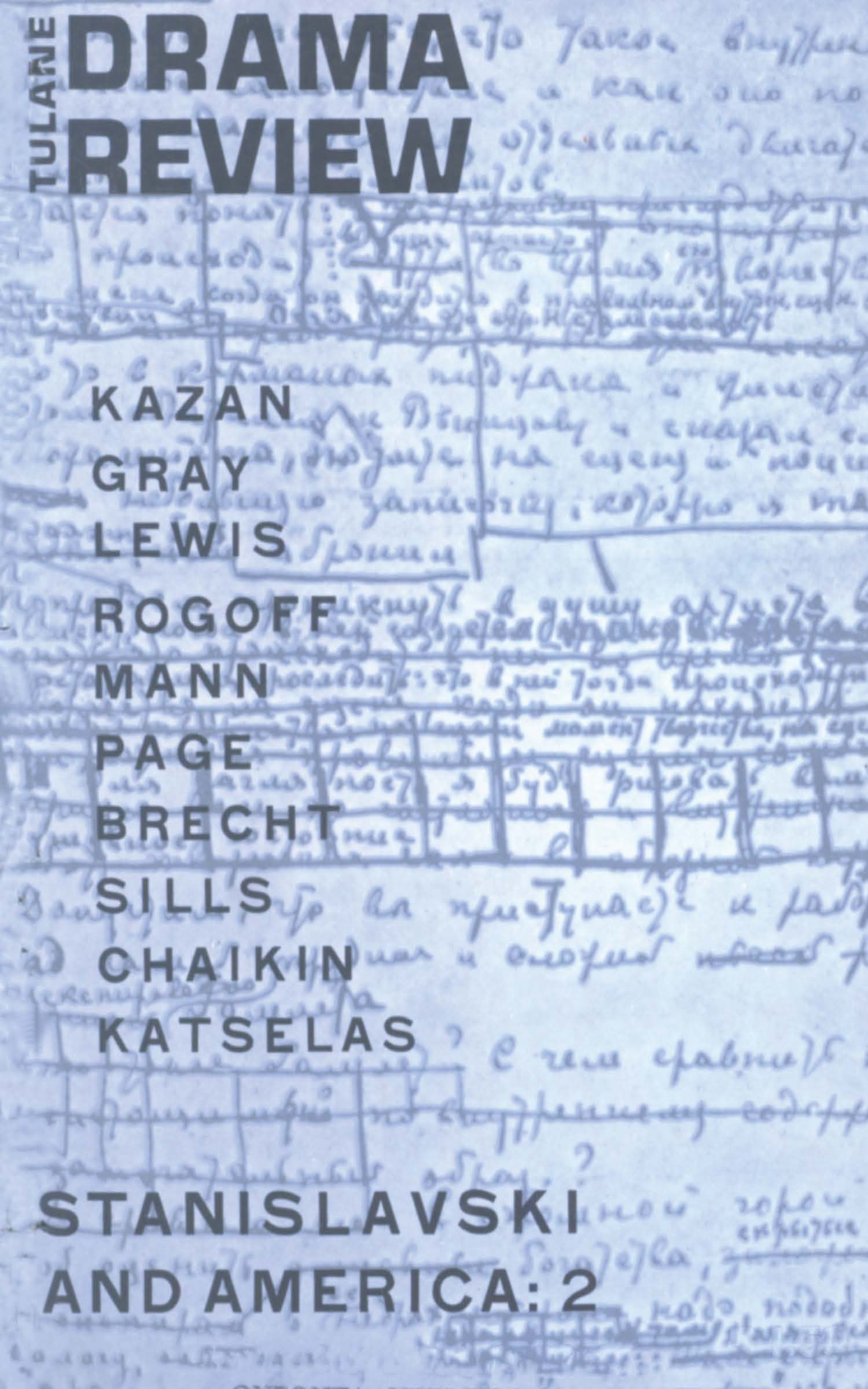No CrossRef data available.
Article contents
The “Infernal Dialogue” of Giraudoux and Sartre
Published online by Cambridge University Press: 03 February 2022
Extract
The professional critic, says Jean-Paul Sartre, too often sees literature as a perpetual conversation between Pascal and Montaigne. Like Joan of Arc he has his voices. Across the ages he hears the clamoring of Voltaire and Rousseau, Heine and Madame de Staël, Gide and Malraux. It is an “infernal dialogue” since it leads nowhere. Its purpose is never to make Pascal and Montaigne come alive, but to kill off Gide and Malraux.
This is brilliant and even true. Yet there is another truth. There is a dialogue, equally infernal, which is action and debate. The dialogue to which Sartre refers is most frequently only a monologue in which the critic has substituted his own voice, his own predetermined unifying point of view, for the opposing voices of two contestants. But the dialogue which is pursued within the rigorous confines of a restrictive truth cannot become a monologue.
- Type
- Research Article
- Information
- Copyright
- Copyright © 1959 The Tulane Drama Review
References
Notes
1 Situations I, Gallimard, Paris, 1947, p. 83.
2 Ibid., p. 97.
3 Christian Marker, Giraudoux par lui-Même, Editions du seuil, Paris, 1952, p. 30.
4 Ibid., p. 31.
5 Pleins Pouvoirs, Gallimard, Paris, 1933, p. 9.
6 Situations II, Gallimard, Paris, 1948, p. 76.
7 Ibid., pp. 60-61.
8 Ibid., p. 63.
9 Ibid., p. 70.
10 Ibid., p. 60.
11 Ibid., p. 70.
12 Situations I, p. 250.
13 Ibid., pp. 245-246.
14 Situations II, p. 64.
15 Ibid., p. 87.
16 Ibid., pp. 75-76.
17 Situations I, p. 293.
18 Pleins Pouvoirs, p. 208.
19 Littérature, Grasset, Paris, 1941, p. 53.
20 Ibid., p. 53.
21 Ibid., pp. 33-34.
22 Ibid., p. 19.
23 Situations II, p. 202.
24 Littérature, p. 185.
25 Ibid., p. 185.
26 Situations II, p. 77.
27 Littérature, p. 185.
28 Loc.cit.
29 Cf. Pierre de Boisdeffre, Métamorphose de la Littérature, Alsatia, Paris, 1953. Vol. II, pp. 379-408 and especially p. 403 for quotation from Rivière.
30 Littérature, p. 187.
31 Ibid., p. 188.
32 Saint-Genêt, Gallimard, Paris, 1952, p. 536.
33 Littérature, p. 186.
34 Ibid., p. 188.
35 Humanisme et terreur, Gallimard, Paris, 1947, p. xxv.
36 Littérature, pp. 189-190.
37 Ibid., p. 190.
38 Ibid., p. 192.
39 Loc. cit.
40 Ibid., pp. 192-193.
41 Ibid., p. 193.
42 Loc. cit.
43 Situations II, pp. 63-64.
44 Etiemble called attention to this point in his article on Les Mouches, in Biblio, xviiiE anné, No. 5, mai-juin, 1950, p. 6.
45 Situations I, p. 83.
46 Loc. cit.
47 Situations II, p. 316.
48 Ibid., p. 85.


